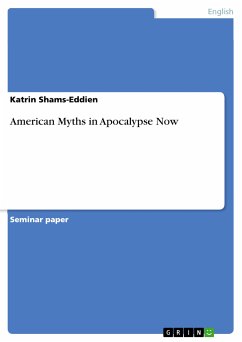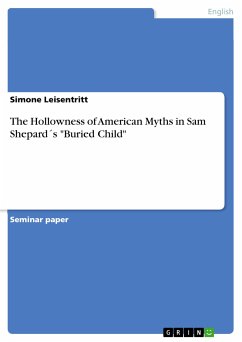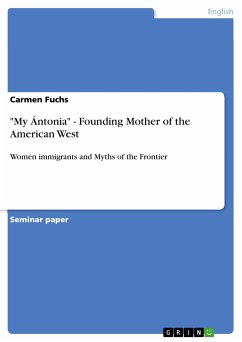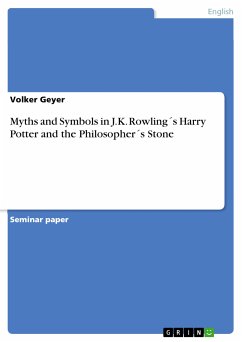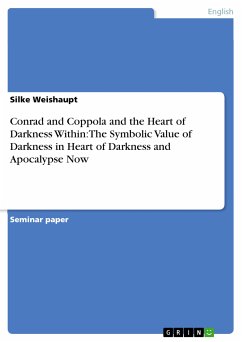Seminar paper from the year 2001 in the subject American Studies - Culture and Applied Geography, grade: 3 (C), Free University of Berlin (John F. Kennedy Institut), course: Culture Seminar, language: English, abstract: There are many myths in the American culture and such as the success-myth, made America what it is today. The success-myth and self-reliance took the place of puritan virtues like unselfishness, virtuousness and modesty. The forerunner of the enlightenment was Benjamin Franklin, who replaced those puritan virtues by self-realization, reason and individuality. He himself was striving for moral perfection while his definition of moral was quite different from the previous one. His plan of gaining moral perfection concentrated on financial success and consisted of how you could be on top of everything by being always disciplined and success orientated. He believed man would be successful if he stepped out of the shadow of conformity and was brave enough to believe in his individuality and willing to work hard for his aims. For him financial success was the key to gain perfect happiness. The principle of self-reliance is also part of the great enlightenment and functions as an ally of B. Franklin`s success-myth. Emerson was the central transcendentalist whose principle of self-reliance replaced the traditional religion. He believed that conformity restricts liberty and culture and declares himself in favor of non-conformism on the principles of truth and integrity. He talks of a divine connection between man and nature which he calls intuition. He reinforces the transition of the individual and sees it as an unavoidable necessity to overcome obstacles and to bring sacrifices when you follow your intuition. Because not following it would mean moral suicide and betrayal of yourself. He makes clear that ones place in life is not ruled by society or fate but by yourself. Rely exceptionally on yourself and you will succeed. He also makes clear you have to follow your own interests instead of going conform with society which will lead you to success and independence. The only thing ruling you should be reason and ambition. You will also gain freedom because possession will lead you to it. Then there is the frontier-myth. Americans saw themselves as pioneers bringing civilization to wilderness. They saw themselves as missionaries bringing civilization to a`cultureless`race and while doing so they were simply overrunning strange cultures. Their conviction of being the superior race made them blind to different cultures. [...]

